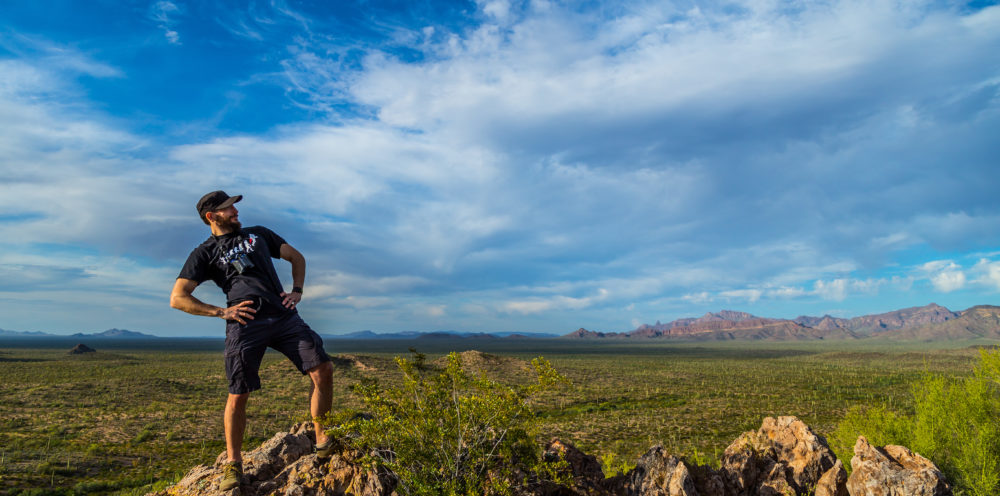I found these two while walking through the forest in Poland some time ago. As you can see, males (the green one) and females (the brown one) are substantially different. At least at this time of year. In fact, they can look quite different than these two, despite the season.
Since this was shot in May – their breeding season – I assume they were on a ‘date’. They didn’t seem to mind me recording them. But I left them alone after just about 30 seconds, just in case I wasn’t reading their behaviour correctly.
Sand lizards like warm and sunny places. That’s probably why you can’t find them in most of Scandinavia and the UK. Southern Sweden, England and Wales are the exception. But for some reason, sand lizards don’t seem to like it in sunny and warm countries such as Spain, Portugal or Italy. Too much sun? Or perhaps too much competition, and not the right type of habitat?
These little reptiles dig holes in the ground, to which they retreat when it gets either too cold or too hot. They also use them to hide from predators and lay their eggs.
Sand lizards defend their territories. The same territory may be used by an individual throughout its life.

